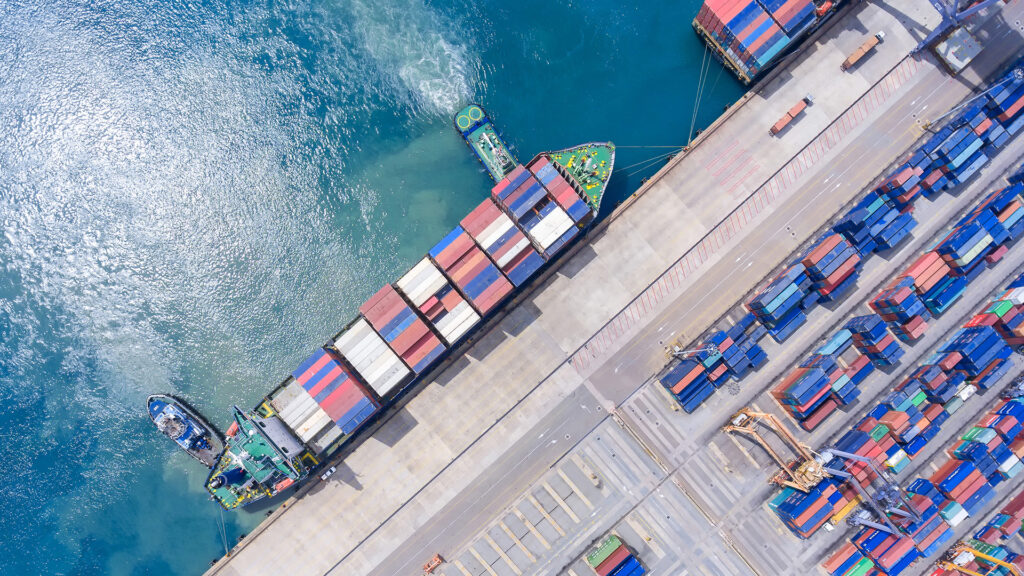
Enforcement of judgments between UAE and India gets easier
By notification just issued on 17 January 2020 (and published on 18 January 2020), the Ministry of Law & Justice in India has declared the UAE to be a reciprocating territory for the purpose of enforcing foreign judgments under the Indian Code of Civil Procedure, 1908. This means that enforcing UAE judgments in India (and vice versa, potentially) has just become much easier and more straightforward.
The notification, published in the Indian Gazette, is comprehensive in its scope and specifically recognises the following courts of the UAE to be superior courts for the purpose of the Indian Code of Civil Procedure:
Federal Courts:
- Federal Supreme Court
- Federal, First Instance and Appeals Courts in the Emirates of Abu Dhabi, Sharjah, Ajman, Umm Al Quwain and Fujairah
Local Courts:
- Abu Dhabi Judicial Department
- Dubai Courts
- Ras Al Khaimah Judicial Department
- Courts of Abu Dhabi Global Markets
- Courts of Dubai International Financial Center
Our earlier experience suggests that foreign court judgments can be enforced in India through a lengthy and expensive process involving filing a fresh civil suit and obtaining a new judgment. However, we understand that Indian Law provides for judgments from the courts of reciprocating territories to be enforced directly as if they had been issued by the District Court in India. Practically, this means that judgments issued by the specified courts of the UAE will now be directly enforceable in India as if they were issued by the District Court, without the need for fresh proceedings.
This new notification should also assist in the enforcement of Indian judgments in the UAE. In the UAE, Cabinet Decision No. 57 of 2019 on the Regulation of Federal Law No. 11 of 1992 on the Civil Procedure (the Civil Procedure Code) provides for foreign court judgments to be enforced ‘under the same conditions as prescribed in the law of that country [in this case, India] for the execution of judgments and orders issued in the State [UAE]’. Therefore, the notification issued by the Ministry of Law & Justice in India now provides prima facie proof of the treatment afforded to UAE court judgments by the enforcing courts in India, which should be applied in turn by the enforcing courts of the UAE.
For more information please contact the authors of this briefing,
Yaman Al Hawamdeh
Partner
T +971 4 423 0531
E yaman.alhawamdeh@hfw.com
Richard Strub
Partner
T +971 4 423 0554
E richard.strub@hfw.com












